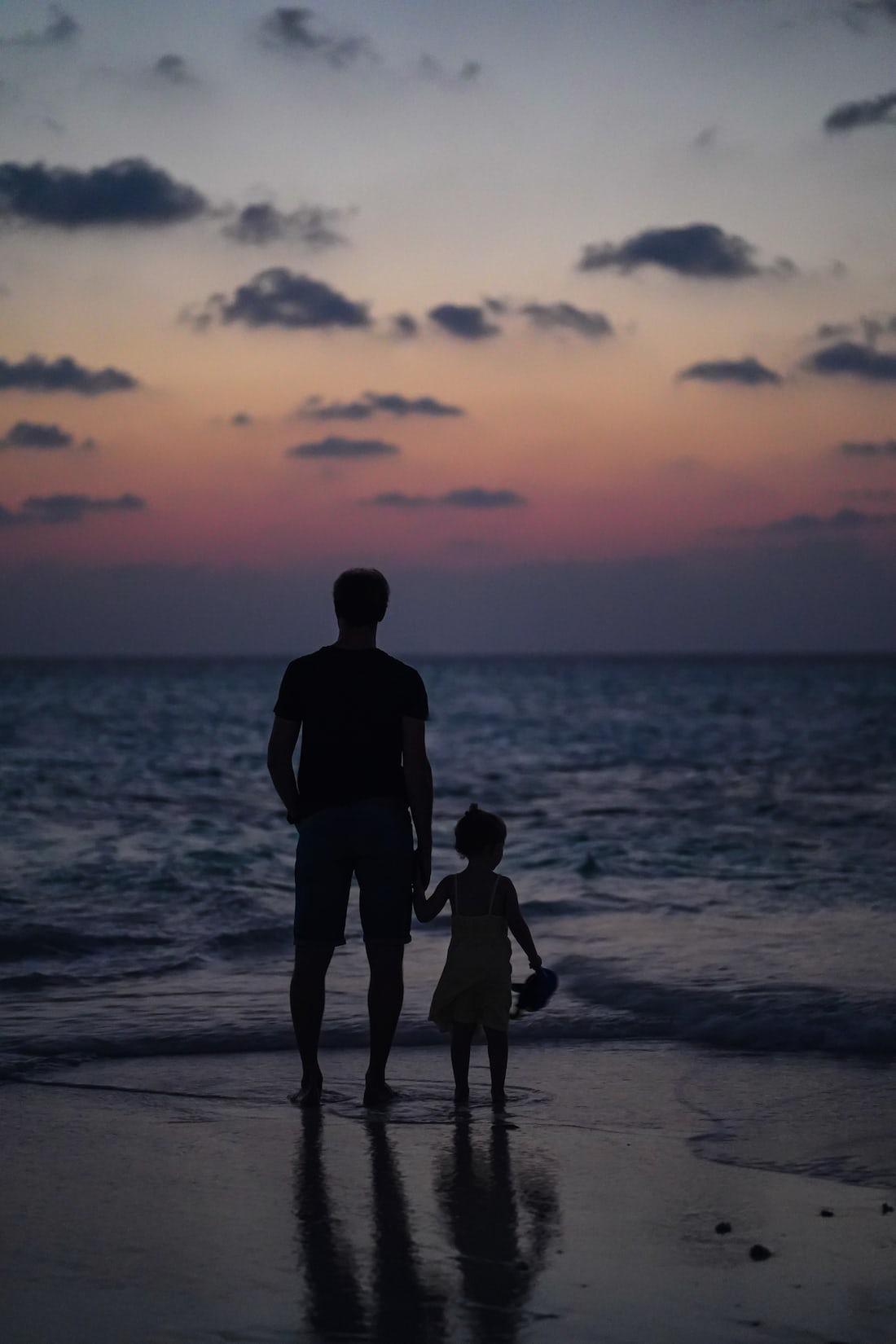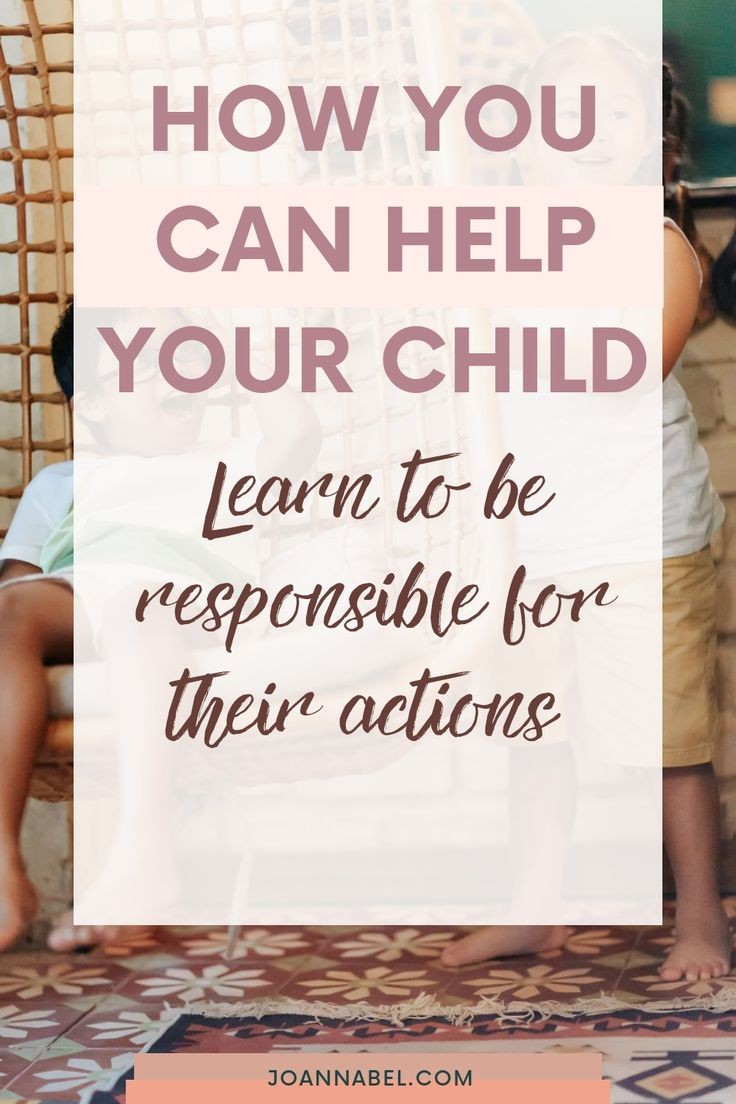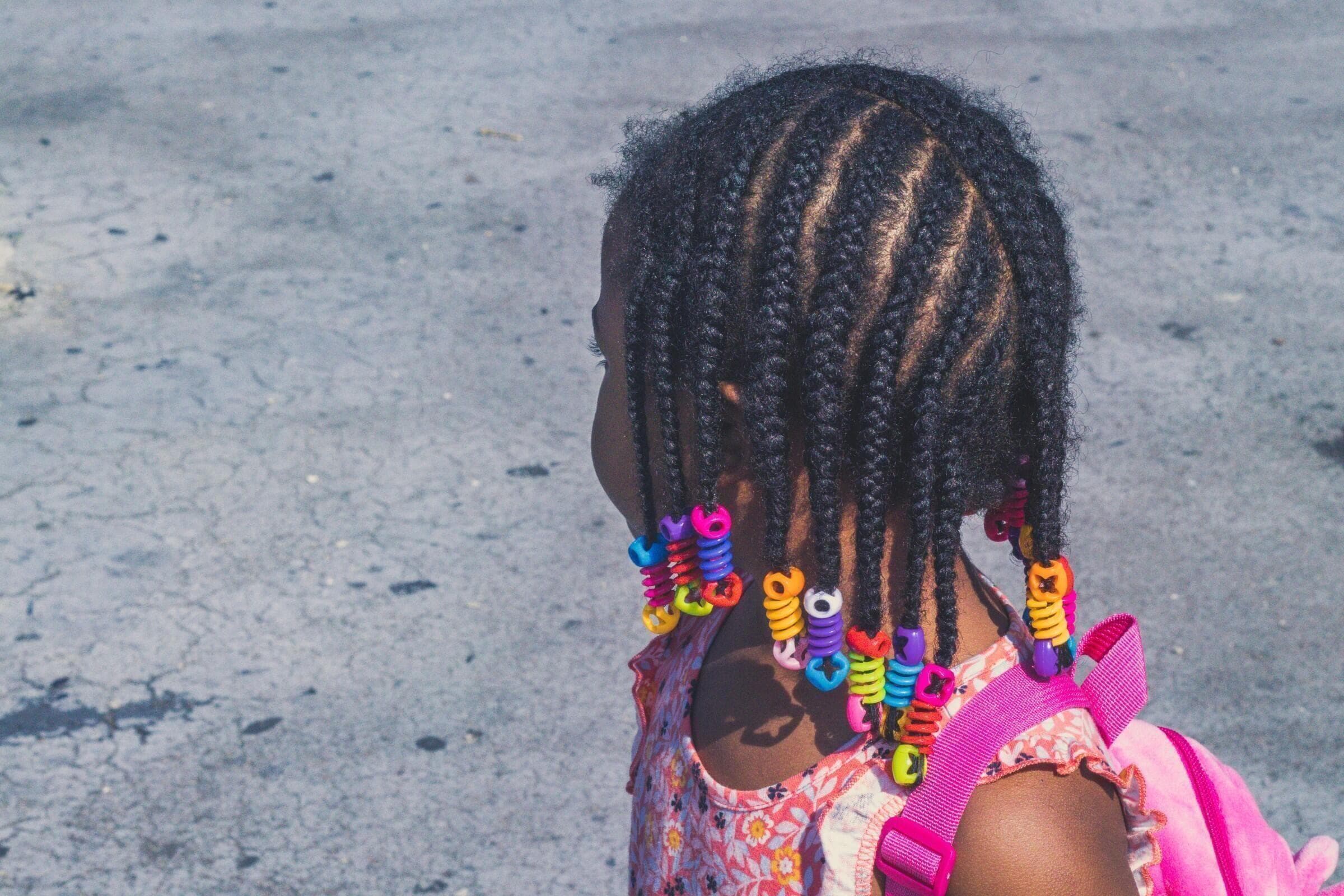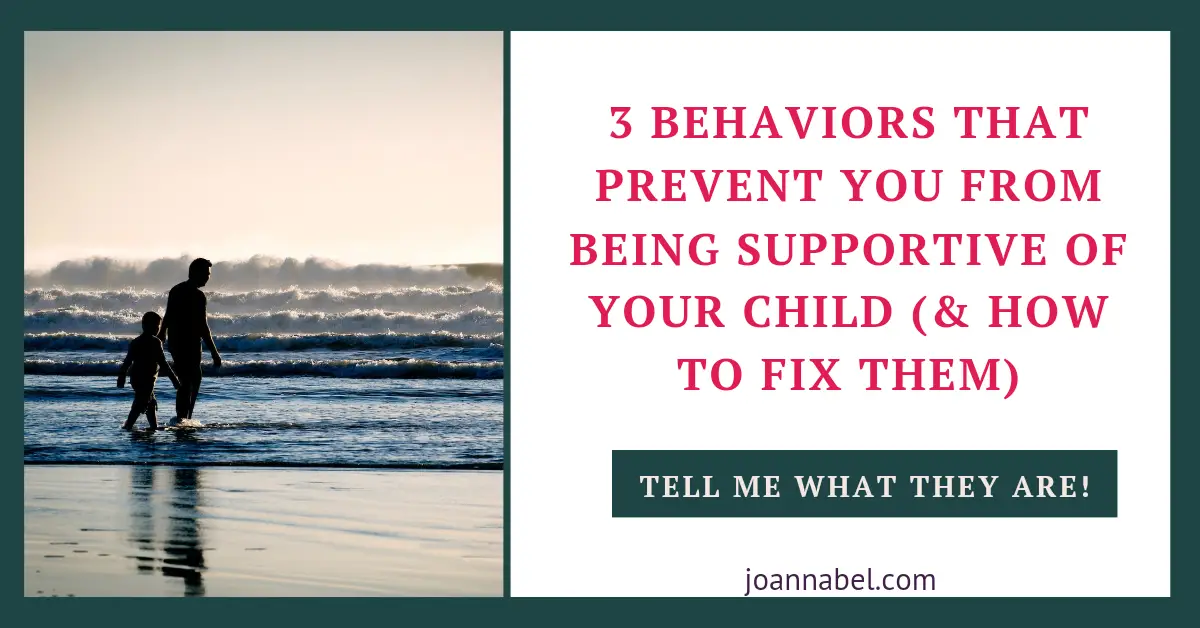Are you really ready to find out how you can help your child learn to be responsible for their actions?

How You Can Help Your Child Learn To Be Responsible For Their Actions
I hope you are, because in this post I’ll go deep into what potentially lies behind your child’s fear or aversion of responsibility.
Before we begin, I want to mention that it’s not only (or at all) about learning to be responsible. It’s more about whether we’ve embraced it or not. Because responsibility is not something humans naturally avoid so that they then have to be edicated on or forced to accept it.
The fact is that something happens along the way to people (children) that creates conflict with responsibility, and this post will give you a chance to understand more about it, as well as what can be done about it.
Now, let’s start with the first tip on how to help a child be more responsible for their actions.
Note: Although I am a Clinical Social Worker, engaging with this website does not establish a professional social worker-client relationship. The information provided here is for general purposes only and should not be considered professional advice. While we strive to ensure accuracy and reliability, this content is not a substitute for professional guidance. For specific concerns, issues, or situations, it is essential to consult a qualified professional and present your situation. Read the full Disclaimer here.
1. INCLUDE THE REPARATION OF THINGS (DAMAGE)
Reparation of damage can replace or complement punishment any day, so don’t be afraid to use it.
Except when it’s not enough and it would actually represent getting away with things easily.
For instance, if they were to just say sorry without really making amends.
What I’m suggesting here is that you make children repair what they’ve done so that they can:
- witness what they’ve done firsthand without being protected from the unpleasant consequences of their doing
- get in touch with unpleasant emotions and learn to deal with them
- help out to bring things back to balance that was interrupted by their wrongdoing.
When you do it this way, you’re doing them a big service.
Firstly, because you’re preparing them for good relationships with people, since they’re beginning to understand the importance of respectful and attentive human interaction.
They see what they can cause and get a better sense of both themselves and others.
And secondly, by opening the space for repairing the damage and redemption, you’re helping them understand the way they can liberate themselves by helping get things back to the way they were. Or at least softening the blow, recovering what can be recovered, making uo for wrongdoing, etc.
Because even though it may be momentarily unpleasant and some children might try to evade, in the long run, they become free of guilt, shame, avoidance of dealing with unpleasant leftovers of their doing, etc, by taking the right action now.
You may want to check out also:
2. LEAD BY EXAMPLE BY BEING A GOOD ROLE MODEL – MODEL RESPONSIBILITY
You know the saying, “Be the change you want to see in the world”? Well, it applies here as well.
The fastest way for them to adopt the concept and manner of taking responsibility for their actions, is to expose them to such a pattern of behavior.
Make sure to question if you and others who are influencing the child’s emotional development and behavior are indeed accepting responsibility for their actions.
It can happen that the criteria for what’s considered responsible and “good” behavior for a child are higher than the criteria that are used for adults.
Considering we have ingrained beliefs about children and may observe them from a black-and-white perspective or through an overly simplified prism, even though they’re just as complex as we adults are.
This way, kids are denied the right to “be humans” because they are either asked/expected to be impeccable with a demand for perfection in behavior or accomplishments.
Or they’re overprotected because they’re considered not competent enough and “incomplete” (not yet complete) to be able to manage themselves and their lives.
Knowing this now, you should start questioning:
- if your criteria for what’s considered acceptable responsibility for a child are higher than the necessary “minimum”
- are the criteria higher for them than for you adults who are surrounding the child (are you asking for too much), which then potentially creates conflict
- how good of an example are you or others setting for the child.
You may be curious to read later:
3. SHOW CONSISTENCY WITH YOUR DEMANDS FOR MORE RESPONSIBILITY
If you have decided to teach them about the importance of responsibility in life and how to be more responsible, then you need to stick to this intention, which means that you need to forget about letting them off the hook too easily or being permissive.
It’s great to want to achieve something (in this case, help them become more responsible), but wishing and hoping it’ll happen won’t do.
So what you need to do is take action and engage in this process.
You need to make sure that you’re not contributing to them being less responsible than necessary.
For example, you could be doing things on their behalf with the intention of easing their struggle or any pain that naturally comes their way. This will prevent them from becoming more independent.
You could also be asking them to do something and then withdrawing from your demand without being consistent about what you are asking them to complete.
What could also be the cause of them avoiding responsibility is the fact that you’re a too protective parent.
Because when this is the case, a parent is being excessively controlling, and the atmosphere the child is experiencing is that many things are wrong or dangerous to do, so they need to be extra careful.
This makes them behave very calculatively and be very cautious with their actions because they can’t listen to one more disapproval of their behavior.
Please understand that this is too invalidating for them, which hurts, so it’s somewhat natural to try to avoid it.
When they’re waiting for your reaction, which is always more controlling than supportive in this case, they might start to share the responsibility with you or others later so that they can measure the temperature, and then see if this is something you’d approve once they eventually decide to take act on it.
The problem is that with time, it becomes a pattern to avoid responsibility, especially if you continue to respond in the same way.
This is very common, and try to think for a second if maybe this is causing them to avoid taking full responsibility or making their own decisions.
This came like an introduction to my next tip.
Don’t have enough time but really want to dig into all 7 steps that will help you support your child in becoming more responsible? If you’d like to take it with you, get it as a print-friendly pdf with no interruptions on page. Plus you’ll become a direct supporter of this blog.
You may also want to read these related posts:
4. ASK OPEN AND NON-JUDGMENTAL QUESTIONS TO HELP THEM OPEN UP ABOUT THEIR TRUE FEELINGS
If you ask them why they are avoiding taking responsibility, you probably won’t get an answer, because they wouldn’t know that they do.
And if you’re attacking a child while trying to get the answer out of them, then you definitely won’t get anywhere.
A child might not be aware of why they are behaving the way they do, because at that point, this could’ve become their common (or the only possible) response, which they don’t put any thought into.
They just do it on autopilot because that’s their coping mechanism at this point. (This is how they managed to cope at times when they experienced too high demands.)
So now what you need to do is start helping a child get more in touch with their feelings and be more authentic.
So far, the only thing they have done is try to do things that would make them acceptable in the eyes of others.
Your eyes.
Without them experiencing their true feelings, they won’t be able to move forward.
At this point, a child is potentially scared of their own feelings because they have learned that expressing their true feelings may get them in trouble and that they have to set them aside.
Also, this way they’ve learned to let themselves go just as far as being frustrated about the situations they run into, but without letting the emotions fully in or even blocking them.
Only when a child starts taking action out of their own authentic choosing will they be free to be truly responsible.
But first, they need to stop being afraid to take action that might be a potential mistake. (They’ve learned to believe they are “bad” if they make a mistake, so they try to prevent any mistakes and be perfect. Does the problem with perfectionism many people experience ring a bell?)
For them to be able to do that, it’s necessary to create a safe space for them to take the action they want to take.
So you need to change first (before they do).

You need to let them make mistakes and give up trying to teach them that they have to make a great choice or the perfect decision each time.
You need to give up the excessive protection that’s keeping them trapped and disabling them.
Responsibility is a natural thing because, as humans, we want to be in control of our lives, and being irresponsible doesn’t feel good.
So you should know that if a child is not responsible enough, the problem IS NOT that they’re naughty and misbehaving and that you need to address the misbehavior.
The problem is that they are prevented from being fully responsible, and you have more than enough power to change this situation.
You’ll probably find useful also:
5. UNWRAP THE SHAME THAT LIES BEHIND THEIR DENIAL OF RESPONSIBILITY
To be truly responsible, we need to be ready and willing to accept the existence of discomfort, guilt, shame, flaws, mistakes, and imperfections.
On the contrary, when we’re too afraid to feel those emotions and sensations, we will be in conflict with taking full responsibility, because we’re not willing to feel those emotions.
So now that we’ve fully opened the topic of emotions, we need to focus on the most important emotion here, which is shame.
Here shame comes from not being adequate enough as they are, considering they’re treated as wrongful each time they do something you don’t approve of.
And in this constellation of things, more or less everything is wrong unless it’s done exactly as you imagined. (I’m not judging you; I’m just trying to inform you here.)
Over time, a child becomes ashamed of who they truly are (a generalization occurs, so they transfer this to across their entire personality).
And they become someone who is doing all the necessary things to be publicly accepted by the environment.
And maybe/probably hiding to do things they truly want to do from everyone or doing it in silence.
They also might start to make others follow their demands to prevent the shame from coming up again, considering that when others aren’t behaving as they expect, this triggers their basic shame that comes from feeling inadequate as they are.
They will try to prevent the shame and rejection at any cost, and to do this, they might do everything they can to control the situation and prevent others from getting them into a position to feel shameful and rejected. (They’re too sensitive about it.)

To help a child break free, you need to start welcoming shame in and normalizing it as a simple, basic emotion like any other. But this won’t be useful or effective if you don’t “flexibilize” (relax) the strict moral norms you’re imposing.
When you nurture very strict moral norms, you’re creating a too narrow room for others to get it right and be accepted as they are. This naturally triggers guilt and shame.
And also, you need to help them give up on their efforts to always stay perfectly “clean” and morally right.
It’s not possible for everyone to agree with our choices, and we can’t please everyone, which is exactly what they’re trying to do by including others and transferring responsibility for the decision to them.
They need to start accepting that nothing is wrong with them if they are wrong sometimes, if they choose the wrong things, make less than ideal choices, or are simply human and therefore flawed.
6. HELP THEM LEARN TO ACCEPT AND EXPERIENCE THEIR EMOTIONS
If you’re skilled in processing your own emotions, that’s great, and you’ll be a great resource for your child.
Just teach them what you know.
And at the same time, keep sending reassuring messages that it’s ok to not be perfect, to make mistakes and learn along the way, that you love and accept them for who they are, and that they have your support to keep moving forward.
If you see yourself as skilled enough to do it, make sure that you create a safe space for them to experience any emotion and let them know that:
- perfection doesn’t exist,
- life is messy and unpredictable,
- they can’t be skilled at something they haven’t experienced yet, and
- what they can do is simply do their best and trust that things will work out.
If you yourself have problems accepting and processing emotions, don’t hesitate to ask for help.
There are many people who can help you, like therapists.
You can expect the best results if both you and your child get help, because even if they change with the help of someone trained, you won’t change.
This way, they can fall back into the same pattern again very quickly because they’ll be exposed to the exact same influence as before.
It’s not a shame to not know how to do something; it’s a shame (waste) to lose a chance to have the greatest relationship with your child while you still have this opportunity.
And now to my last tip that will also be a natural consequence of your implementation of my previous tips/steps.
If you found the information on the blog helpful & inspirational and you feel like giving back, you can do it by clicking the donate button after entering amount you’re comfortable with. I’ll use it to create and deliver more useful content and resources like this. Thanks for your precious contribution!
7. HELP THEM GROW THEIR INDEPENDENCE
I know that as a parent you expect tips on child independence that are focused on the child’s activities for increasing their independence, but unfortunately this is just a small part of the equation.
What’s much more important is the psychological safety of independence you need to provide for your child or children.
This may sound strange to you, but for them to be able to do so, it is you who need to adapt first.
Because if you’re not truly comfortable with your child’s independence none of their activities will be able to cut it, because you’re not really permitting them to exercise independence and autonomy.
If you, on the other hand, expect your child to be more independent than this is realistic or reasonable you can expect problems with their responsibility as well but they may appear in a difficult form.
So, if you create psychological safety for exercising independence your kids will naturally become more responsible because they will be less anxious about imperfections and mistakes.
If you find that you have trouble helping your child become more independent read my post that suggests 9 principles to follow to succeed at this.
Here is the link to it.
Latest Posts:
- Gifts for Your Teenager That They’ll Actually Enjoy

- 6 Reasons Your Teenagers Seem Distant and Distracted

- Special Gifts to Let Someone Know You’re Thinking of Them (13)

- 100 Ways to Challenge Yourself (Without Stretching Yourself Too Thin)

- What To Do When Your Parent Struggles With Alcohol

- How To Navigate Moving to a New Home With Your Kids

FINAL THOUGHTS ON HELPING YOUR CHILD BECOME MORE RESPONSIBLE FOR THEIR ACTIONS
I sincerely hope you found this post relatable and helpful and that it answered to your questions how you can help your child learn to be accountable for their actions.
I want to congratulate you on sticking to the end of this post because some of the things I’ve mentioned in the post weren’t easy to hear. Your dedication is admirable.
Let me know if you have any questions concerning helping embrace responsibility. You can leave your comment below.
See you in my next post! Here is one:








